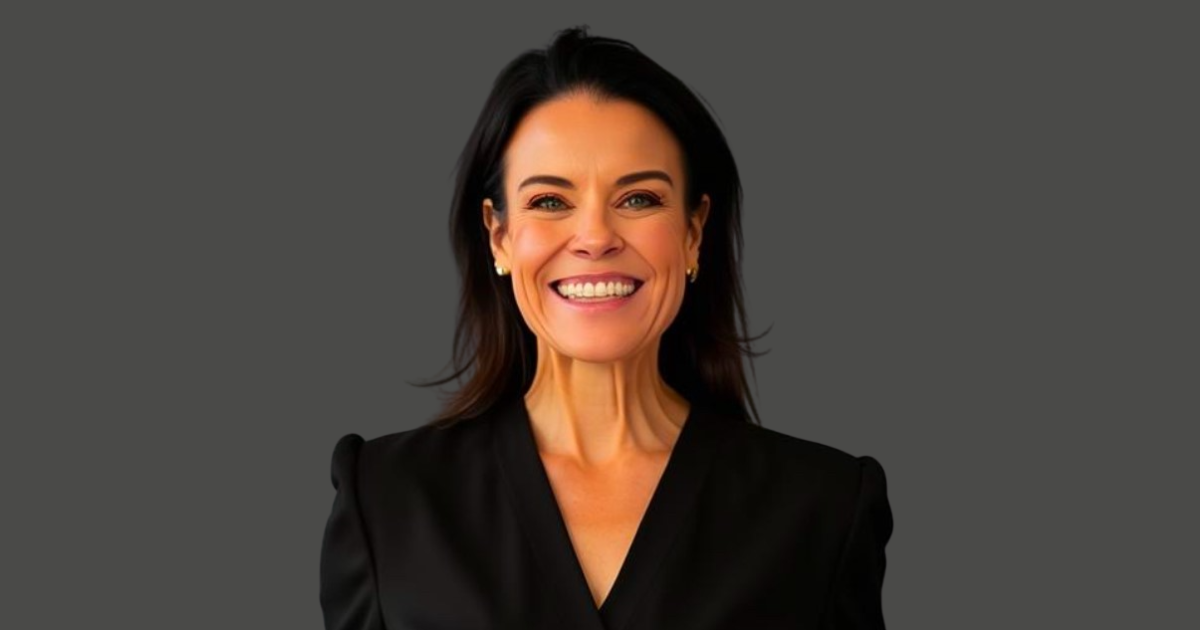A new, minimally invasive treatment option for thyroid nodules

“Thyroid nodules are very common,” explains Abbey Fingeret, MD. “In fact, more than half of adult women have them. Most are benign, but even benign nodules can cause symptoms. Prior to the adoption of this procedure, the only options for people with this type of thyroid nodule were observation or surgery to remove half of the thyroid gland.”
The thyroid sits around and in front of the windpipe and the esophagus, so a nodule growing in that area can sometimes be visible. Thyroid nodules can also cause throat irritation, difficulty swallowing and neck discomfort. For those reasons, people with benign thyroid nodules often seek treatment.
While thyroid surgery is very safe overall, it does involve removal of adjacent normal thyroid tissue in addition to the enlarged nodule. This means that after surgery, patients have up to a 30% chance of needing to take medication for thyroid hormone function for life. Dr. Fingeret wanted to provide an alternative treatment option for patients with benign thyroid nodules. She brought a new procedure radiofrequency ablation (RFA) to Nebraska Medicine and has now trained additional colleagues in this technique including Anupam Kotwal, MBBS, Jessica Shank, MD, and Michelle Mulder, MD.
An alternative to thyroid surgery
Amy Davis, 47, had been living with an enlarged thyroid for a few years before coming to Nebraska Medicine for the radiofrequency ablation (RFA)procedure. “I had already been to see my doctor and was told the nodule was benign,” Davis explains. “At the time it wasn’t causing any problems for me, so I left it alone.”
But after significant weight loss, the swollen nodules became more prominent. They also began to cause discomfort when swallowing. Davis went to see her endocrinologist for a thyroid exam and second biopsy. The results confirmed that the nodule was benign, and that Davis would be a good candidate for the RFA procedure for which she was referred to Anupam Kotwal, MBBS.
“My endocrinologist wanted to avoid removing my thyroid because of the complications that can come with that,” says Davis. “My mother had her thyroid removed due to thyroid cancer and Hashimoto’s. I saw how she struggled after the surgery and taking synthetic hormones. I wanted to avoid going through that.”
How does the RFA procedure work?
Thyroid RFA is a minimally invasive, non-surgical treatment used to treat benign thyroid nodules. Under image guidance, a needle is inserted into the thyroid nodule. Using a radiofrequency generator under ultrasound-guidance, a doctor directs a carefully controlled amount of energy through the electrode into the tissue to destroy the nodule. With the sustained RFA thermal heat, the nodule is gradually broken down, allowing for a decrease in the size of the nodule over the course of a few months.
“The RFA procedure is great improvement over other treatment options because it can treat the nodule and improve appearance and symptoms with a much lower risk of needing thyroid medication,” says Dr. Fingeret. “In fact, the risk of needing thyroid medication after radiofrequency ablation is about 1%.”
Doctors believed the RFA procedure would be the best option for Davis because it would allow her to preserve her naturally functioning thyroid. And because RFA shrinks the nodules, it would take care of the cosmetic issues and the discomfort Davis felt when she swallowed.
What can patients expect from RFA treatment?
RFA is a relatively simple outpatient procedure performed under sedation. Since nothing is removed, there's no incision, so there's no scar on the neck. With lower overall risks and a faster recovery, most patients are back to work the next day.
“While I didn’t feel well coming out of the anesthesia, I didn't have any pain from the procedure. Although RFA doesn’t yield instant results, I knew that the nodule would shrink over time,” recalls Davis. “I was very impressed with how quickly the lump started to go away. I noticed within the first few weeks that it was becoming far less noticeable. Now, almost a year later, I can’t see anything at all.”
After the procedure, Davis had follow-up visits with Dr. Kotwal every three months. After a year, the visits will be reduced to once or twice a year. Each visit includes a short exam and ultrasound. “It’s such a low maintenance post-operation procedure,” says Davis. “Dr. Kotwal is so lovely that it’s nice to just chat with him for a couple minutes.”
“Studies have shown that after RFA, thyroid nodules shrink by more than one-half to two-thirds in six to 12 months,” says Dr. Kotwal. “For Davis, the nodule shrunk significantly and there was tremendous improvement in her neck symptoms a few months after undergoing RFA. It was such a pleasure to see how satisfied she was with the outcome.”
“The RFA procedure exceeded my expectations. Anytime you can maintain the natural function of your thyroid and take care of the other issues with such a simple procedure, I highly recommend it,” says Davis. “I don’t know that I’ve ever had such great care as I did with the endocrinology team. Dr. Kotwal has the best bedside manner that I’ve ever encountered in a specialist.”







